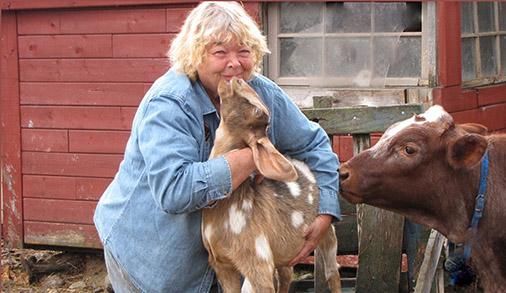O
Odilon
Guest
When I am in my 80’s and need some cash to get into “the home” is when I will sell, but I appreciate the offer nonetheless.
I know a couple in rural Hungary. And this place is really rural, no cities for a long way, and most people in the local villages are too poor to afford to ride a horse. But they are good at marketing and bring in people from far away. The package includes airport pickup, lodging and meals and they get a mix of riding lessons, and outdoor activities or teaching about nature, with different packages for different age groups, including adults and family groups.Horse boarding requires you to live close enough to city and suburbs, in order to get customers.
People who can’t own horses where they live, board them at places that do.
There are two horse boarding farms near me. Both are no further than 15 minutes away from the nearest small city, less that 40,000 people.
The more rural the area, the less likely you’ll get customers as everyone in the area has their own farm and care for the horses themselves.
Jim


Not really. They don’t do it on a big scale, and mostly they live off the food they produce on their own land. The horses are an extra, that help the make the cash to pay for stuff they cannot produce themselves, but they are not the core of their concept and its not a huge business. In fact tourists only come for a handful of months and even then they don’t have space for more than about four people at any one time, so if you allow for some of those people being parents and siblings, that’s maybe only two people on average who are actually riding. So the income isn’t huge. And the rest of the year it’s just them and the farm.That’s a tourist type function and not what the OP has in mind
